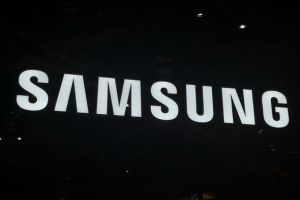May 23 2025 – A major crisis is unfolding at Swedish “Buy Now, Pay Later” (BNPL) behemoth Klarna, as its CEO Sebastian Siemiatkowski, who once boldly proclaimed that the company’s AI-powered customer service system could replace 700 full-time customer service representatives, now faces a harsh reality.
According to reports, the fintech firm recorded a net loss of 99millioninthefirstquarterofthisyear,morethandoublingcomparedtothesameperiodlastyear.ThecompanyhadpreviouslypostponeditsplannedIPOintheUnitedStates,whichwasinitiallyscheduledforlastmonth.Atitspeak,Klarnawasvaluedatover15 billion.
In a dramatic twist, Siemiatkowski had previously boasted about a “zero-hiring policy for the entire year” to showcase the company’s all-in AI strategy. However, in an interview earlier this month, he backtracked, admitting that “the technological gamble hasn’t met expectations.” He stated, “There will always be a need for human intervention in customer service.” This shift in tone reflects the sharp criticism from investors regarding the pure AI model amid an economic downturn.

Nevertheless, the CEO hasn’t completely abandoned AI. Last week, he still emphasized that AI had helped Klarna reduce its workforce by 40%. Even more radically, it was revealed that during Monday’s earnings call this week, an AI-generated digital avatar of the CEO hosted the entire meeting.
However, public trust in AI is rapidly eroding. After Luis von Ahn, the CEO of language learning platform Duolingo, announced that “AI would gradually replace all contract translators,” the company faced fierce backlash from users on platforms like TikTok.
Although Klarna is seen as a “canary in the coal mine” for the AI industry, signaling potential warning signs, there are other underlying reasons for its soaring losses. Media outlets have pointed out that a significant number of American users are defaulting on their loans, causing Klarna’s credit losses to surge by 17% year-on-year to $136 million. This not only reflects the growing economic uncertainty but also highlights the ongoing impact of the tariff war initiated by the Trump administration on consumer confidence.
In response, Klarna issued a statement saying it is “closely monitoring macroeconomic changes” and “maintaining the flexibility to make rapid adjustments when necessary.”












